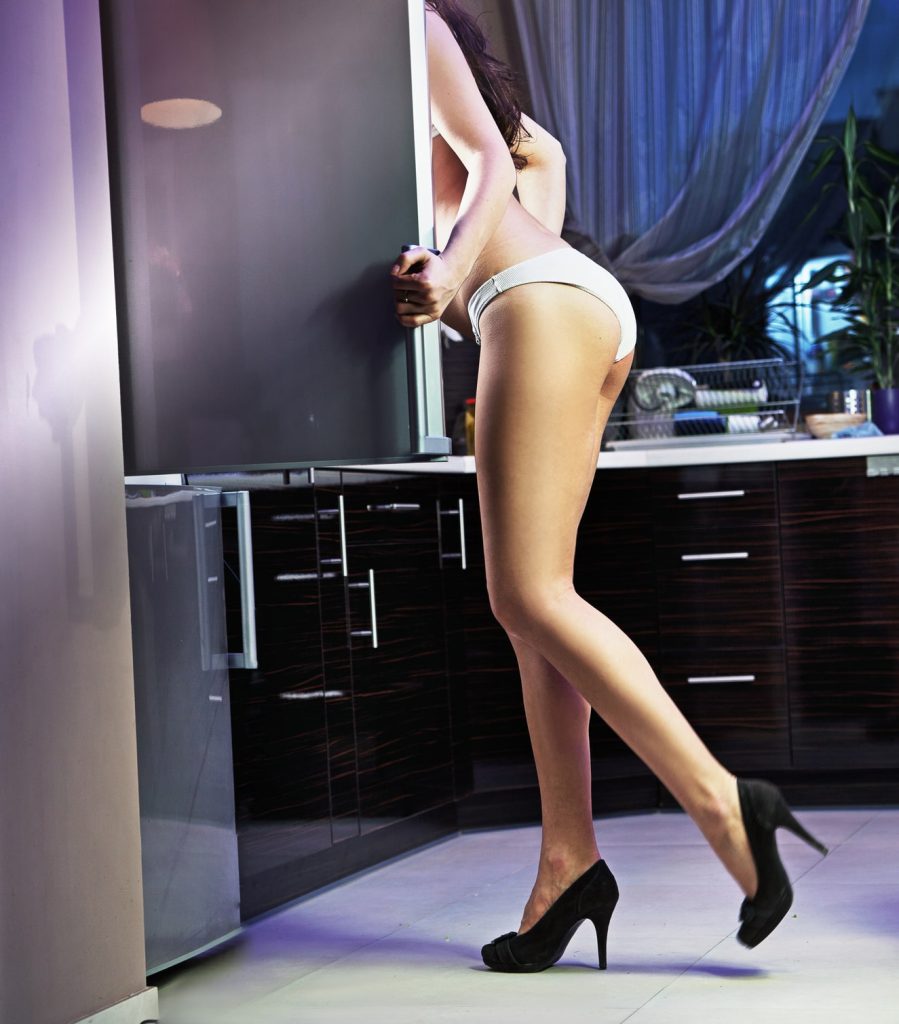The ebony lesbian kiss is a beautiful and incredibly powerful form of love that is gaining popularity across the country.
Whether or not you’ve ever had the experience, it’s not something you should take for granted. In fact, a recent study by the University of California, Berkeley, has revealed that the relationship is one of the most frequently observed types of sexual contact in all of American culture.
Creating nuanced representations of Black lesbian relationships
Black lesbian couples are seldom featured in mainstream films. However, some creators are working to create nuanced representations of these relationships.
In many mainstream films, the Black lesbian relationship is treated as a backdrop to the main story. These films rarely give enough time for the love to develop. Consequently, most movies featuring Black lesbian couplings are laden with trauma.
One example is The Color Purple. The movie opened in winter of 1985. It is a revolutionary film for its focus on queer black women. It is a character study, focusing on trauma and traumatized sexuality.
Another example is Pariah. This film follows a 17-year-old lesbian named Alike. She forms a relationship with another lesbian, Bina. Although they initially seem to be perfect for each other, there is a brief period of imperfection.
Loss Girl: Episode 6 Of All the Gin Joints
Lost Girl: Episode 6 Of All The Gin Joints is a bit of a let down, but not by much. If you can get past the overwrought script, it’s a nice little gem. While the main character is a nice piece of work, the retreads are not and the plot holes are plenty. Aside from a sprinkling of the ghouls and the usual suspects, the episode strays a little bit. As a result, there are more than a few moments that could have been avoided had the tee-hee-hee etiquette been in full swing. But it’s still a fine watch and a fun time in the making.
Pariah
Pariah, a 2011 independent film, is a coming-of-age tale about a young lesbian, Alike (Adepero Oduye). The movie explores the struggle of a young queer African American girl to define her identity.
In Pariah, a lesbian kiss is not the only highlight. It also takes on questions of religion, self-expression and gender expression.
Alike is a 17-year-old lesbian whose parents are not supportive of her sexuality. She is forced to conform to the norms of gender roles. Her mother Audrey is a homophobic, bible-thumping mom who wants her daughter to dress like a girl.
As the film progresses, Alike begins to realize that she is not the only one who struggles to find her true identity. When her mother finds out that she is a lesbian, she is forced to confess. At the same time, her relationship with her mother is tested.
Karens get the “Cersei Lannister treatment” after a group of Karens allegedly complained about a Black lesbian couple at a hotel pool in Sacramento
A video has emerged that shows a group of women harassing a Black lesbian couple in the pool at the Kimpton Sawyer hotel in Sacramento. The women claim there are children in the area and they want to stop the kissing. They also say that the lesbian couple was singled out by white women.
The incident sparked a fury among a group of “Karens” who claimed to have been in the area. These Karens had witnessed a Black lesbian couple kissing in front of a group of young kids. It also triggered their anger because of the presence of families in the area.
Stephen Spielberg movie portrays lesbians as mentor and mentee
In this modern age of Hollywood blockbusters, a movie based on a book has to do some serious heavy lifting to get the gobs of attention it deserves. Luckily, the likes of a tycoon such as Spielberg aren’t about to make the same mistake. For instance, Spielberg was no slouch when it came to making a film on the psuedo-real estate of a high school student. The movie was a box office slayer, but it didn’t take long before the director took a seat in the passenger seat. After all, the kid in the hall isn’t the only one in the family.
Black lesbian women rarely have the money and power to subvert the white male gaze
Most mainstream films do not feature Black lesbian couplings. This is a shame because there are many sexy Black women out there. Also, Hollywood does not see the value of a good Black lesbian romance. That said, there are some creators that are making strides towards nuanced representations of this genre.
The most obvious reason why is that black women are not the most likely to have the money, power, or luck to spend on a glamorous love affair. In fact, most films featuring Black lesbian couples are only fleeting. One such example is The Color Purple. Another is the film Pariah.
